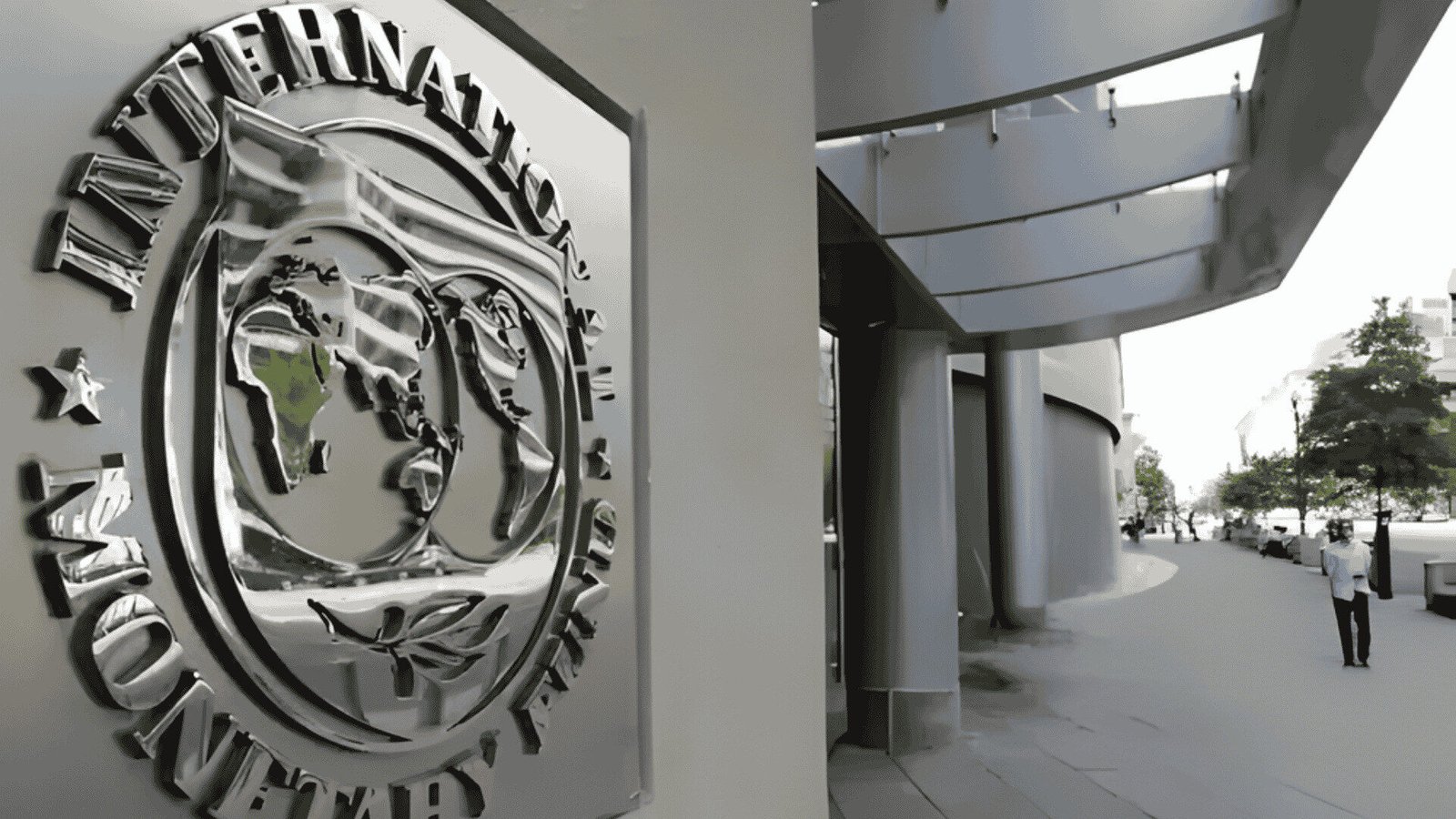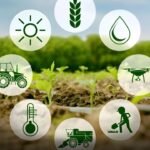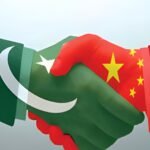Web Desk
The International Monetary Fund (IMF) has estimated that Pakistan’s economy will grow by 3.6 percent this fiscal year — even though the full damage from the recent floods hasn’t been calculated yet.
The IMF also warned that inflation will rise, and the country’s trade gap will widen.
This new forecast came after the IMF’s two-week review of Pakistan’s economy, Dawn newspaper reported.
It is more optimistic than the World Bank’s recent prediction of 2.6 percent growth and 7.2 percent inflation, which had already factored in flood-related losses.
Global Outlook: Growth Slows, Risks Rise
In its latest World Economic Outlook (October 2025) report, released alongside the IMF and World Bank’s annual meetings, the Fund projected that global economic growth will slow from 3.3 percent in 2024 to 3.2 percent in 2025, and further to 3.1 percent in 2026.
Although this is slightly better than July’s forecast, it still falls short of last year’s expectations before global trade tensions deepened.
“On an end-of-year basis, global growth is projected to slow down from 3.6 percent in 2024 to 2.6 percent in 2025,” the IMF said.
Pakistan’s Economy: Higher Inflation, New Challenges
For Pakistan, the IMF expects average inflation — based on the Consumer Price Index (CPI) — to rise to 6 percent this year, up from 4.5 percent last year.
The country’s current account balance, which tracks trade and financial flows, is expected to shift from a 0.5 percent surplus to a 0.4 percent deficit next year.
However, the IMF clarified that these estimates do not yet include the impact of the 2025 floods, which are still being assessed. That means the numbers could change as more data becomes available.
World Trade and Major Economies
The IMF expects advanced economies — such as the United States — to grow by only 1.5 percent in 2025–26, with the U.S. slowing to 2 percent. Meanwhile, emerging markets are projected to grow just above 4 percent.
Global inflation is predicted to decline to 4.2 percent in 2025 and 3.7 percent in 2026.
World trade volume is expected to grow by 2.9 percent in 2025–26, slightly slower than the 3.5 percent seen in 2024, as ongoing trade divisions continue to limit global gains.
IMF Warns of Rising Global Risks
The IMF warned that the world economy still faces serious risks. Prolonged policy uncertainty could reduce consumer spending and investment. More protectionist trade policies — such as new import barriers — could disrupt global supply chains and limit productivity.
The report also pointed to risks from tight labor markets and restrictive immigration policies, which could reduce growth in countries with aging populations.
Rising debt and borrowing costs may also put pressure on governments and financial systems.
The IMF added that a sudden drop in technology stock prices — possibly due to disappointing results from artificial intelligence (AI) investments — could end the recent AI-driven boom.
Fiscal Warnings and Policy Advice
The IMF urged countries to strengthen public finances, warning that slower growth, high interest rates, and new spending needs — including defense — are making budgets harder to manage.
Low-income nations, it said, are especially at risk as foreign aid decreases.
The Fund cautioned that lack of jobs could fuel social unrest, particularly among young people struggling to find work.
The IMF also stressed the importance of maintaining trust in central banks, warning that political pressure could threaten their independence and hard-won credibility in controlling inflation.
Path Forward: Building Stability and Innovation
According to the IMF, countries should focus on restoring stability and confidence, improving trade relations, and managing public debt responsibly. It called for monetary policies that stay independent, transparent, and focused on price stability.
In the long run, the Fund said, economies need to invest in innovation, education, and infrastructure, and promote broad-based growth instead of offering costly subsidies to select industries.
Author Profile






